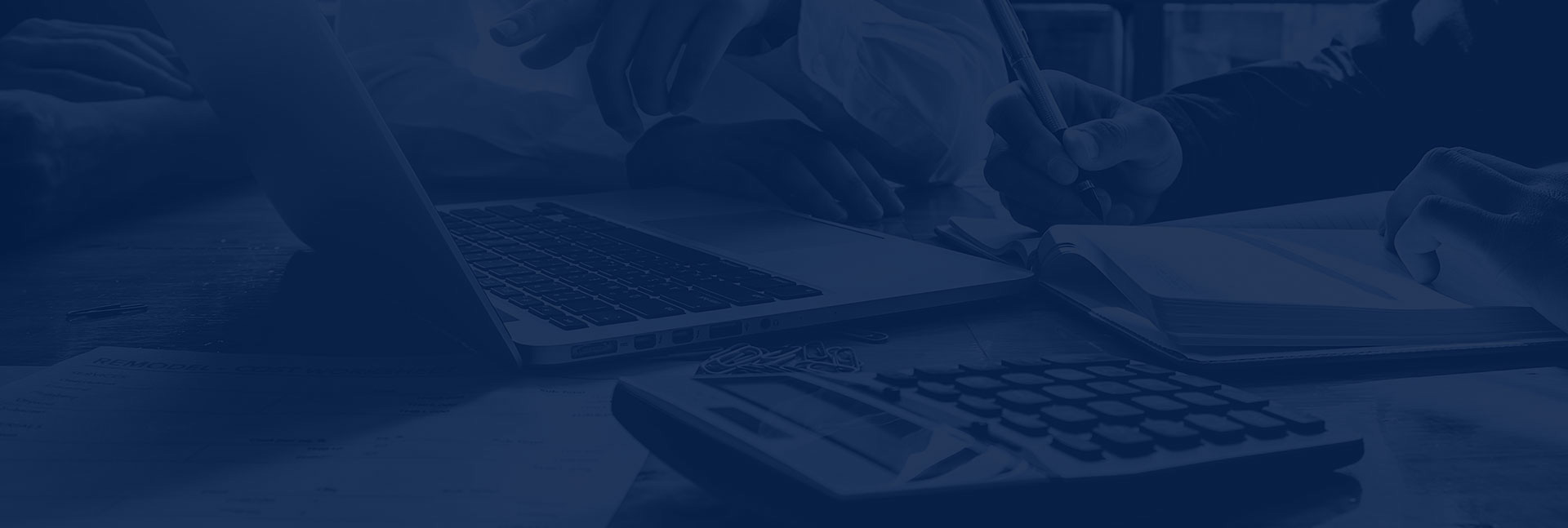Debt is a reality for many consumers, but it should never lead to unfair or abusive treatment. Unfortunately, some creditors and collection agencies resort to Illegal tactics that infringe upon consumer rights in their pursuit of debt recovery. These actions can range from incessant phone calls at inappropriate times to threats and harassment. Recognizing these illegal practices is the first step towards protecting yourself. Every consumer has the right to be treated fairly, even when facing debt. Unfortunately, some creditors and collection agencies cross the line into unlawful territory. If you're dealing with such circumstances, knowing your rights is essential. This blog will provide a thorough review of your rights under the Fair Debt Collection Practices Act (FDCPA), tips on how to identify violations, and what steps to take if you find your rights violated.
Understanding Legal vs. Illegal Debt Collection
Once you miss a payment on a debt, your creditor or lender has the right to begin contacting you about repayment. They start with phone calls and letters and may threaten legal action over time. These are perfectly legal forms of debt collection. However, not all collection tactics are legal. Some collection agencies cross the line and violate consumers' rights, leading to creditor harassment. When it comes to debt collection, there's a fine line between what's legal and what's not.
Here's a more in-depth look at both legal and illegal practices:
- Legal Debt Collection refers to the legal methods and practices used by creditors or collection agencies to recover money owed on delinquent accounts. This can involve initial communication through phone calls or letters, escalating to legal action such as lawsuits if necessary. If a court grants a judgment against the debtor, the creditor can take further steps like garnishing wages, freezing bank accounts, or seizing assets. Bankruptcy proceedings may also be initiated by the creditor. All these actions must be conducted within the boundaries set by laws and regulations, such as the Fair Debt Collection Practices Act (FDCPA), to ensure the debtor's rights are not violated.
- Illegal Debt Collection refers to practices used by some creditors or collection agencies that violate laws and regulations, particularly the Fair Debt Collection Practices Act (FDCPA), in their attempts to collect debts. These illegal practices may include harassment, threats, deceit, or invasion of privacy. Examples of illegal tactics include calling at inconvenient times, using abusive or threatening language, misrepresenting the amount owed, threatening actions they cannot legally take, and disclosing information about the debt to third parties without the debtor's consent. Such actions are considered illegal and can result in penalties for the offending creditor or collection agency.
While creditors have the right to collect their debts, they cannot violate consumers' rights in the process. Creditor harassment is illegal under the Fair Debt Collection Practices Act (FDCPA), and If you experience any of these tactics, you may have a case against the collector for creditor harassment.
Legal Recourse Against Illegal Collection Tactics
If you believe you've experienced creditor harassment, you have legal options. An attorney can help you understand your rights and expose a debt collector’s illegal tactics. This can be a significant relief for those already struggling with financial burdens. We're committed to protecting your rights at the Law Office of Seni Poppet, P.C. If you've been subjected to illegal collection tactics, contact us at (718) 340-3385 to schedule a consultation. Our attorney can assess your situation and guide you through the legal process, ensuring you're treated fairly every step of the way.













